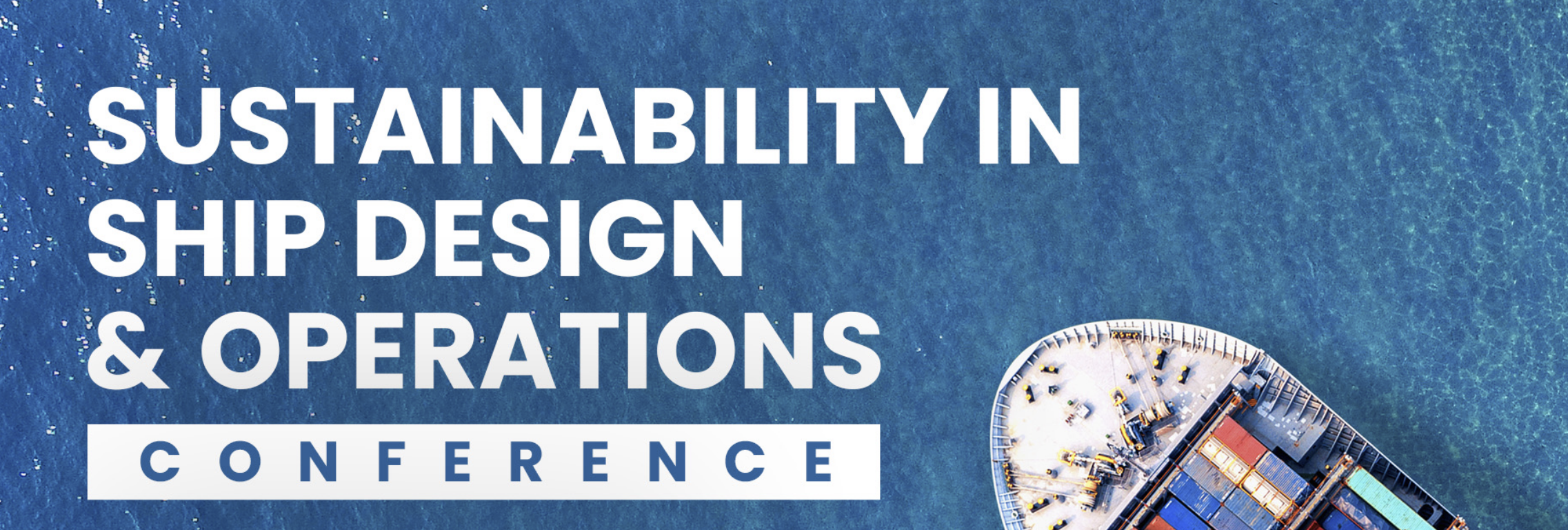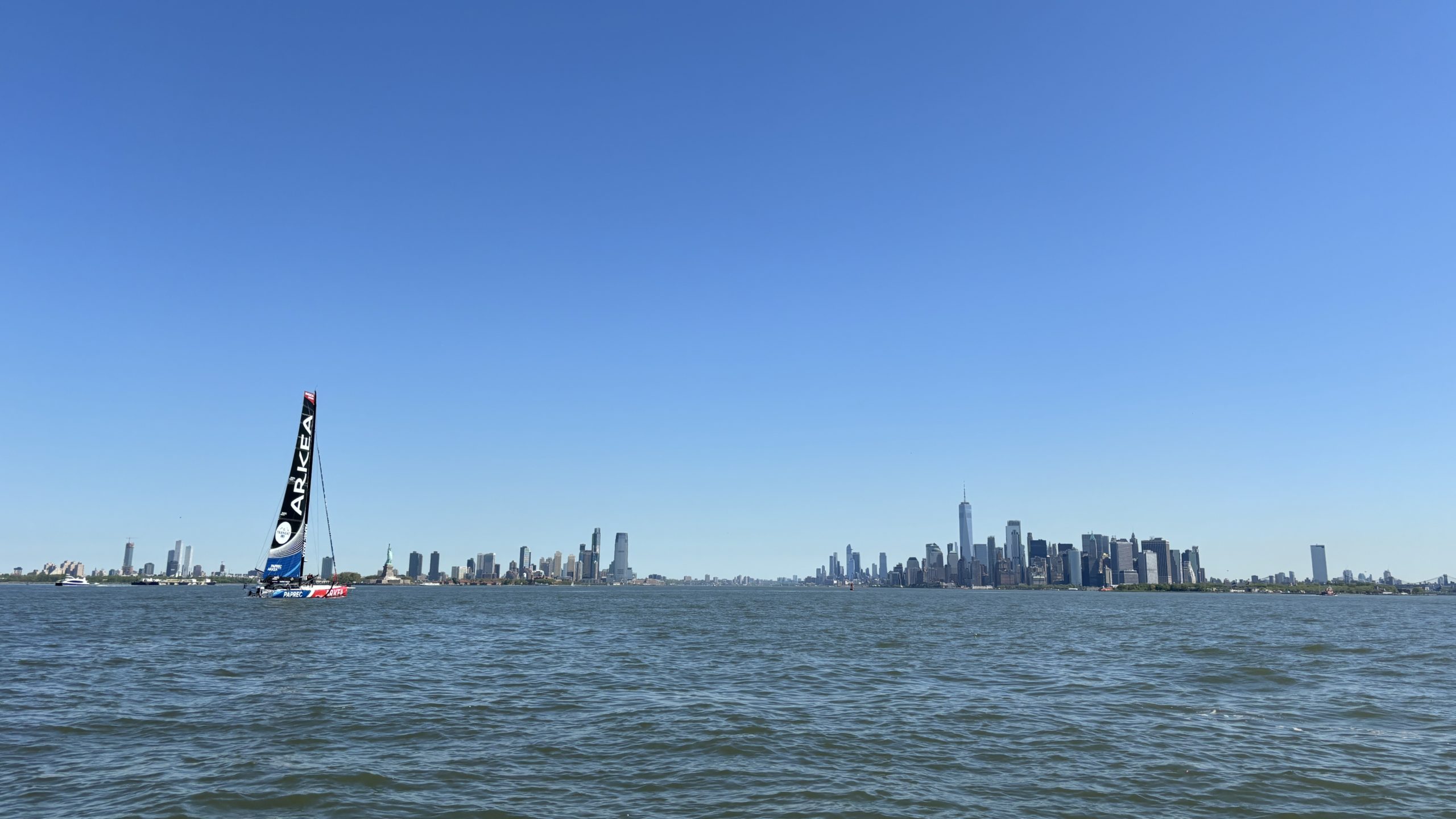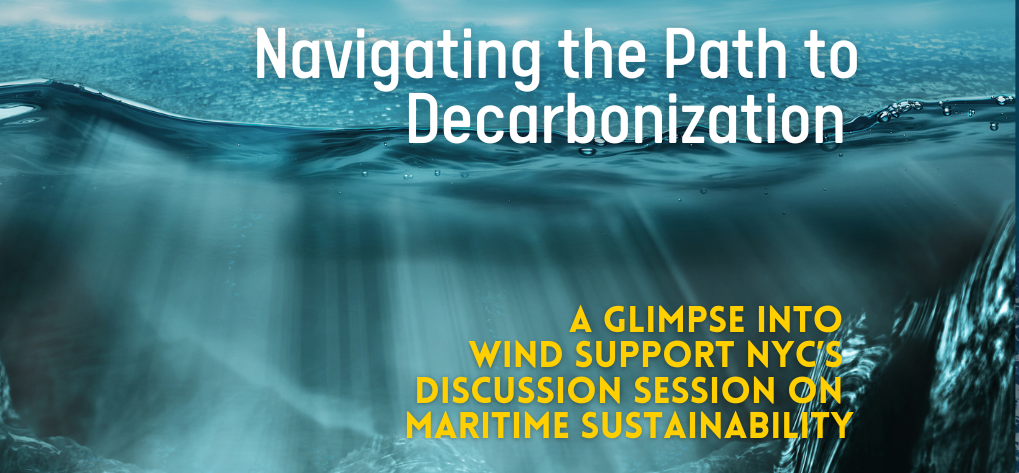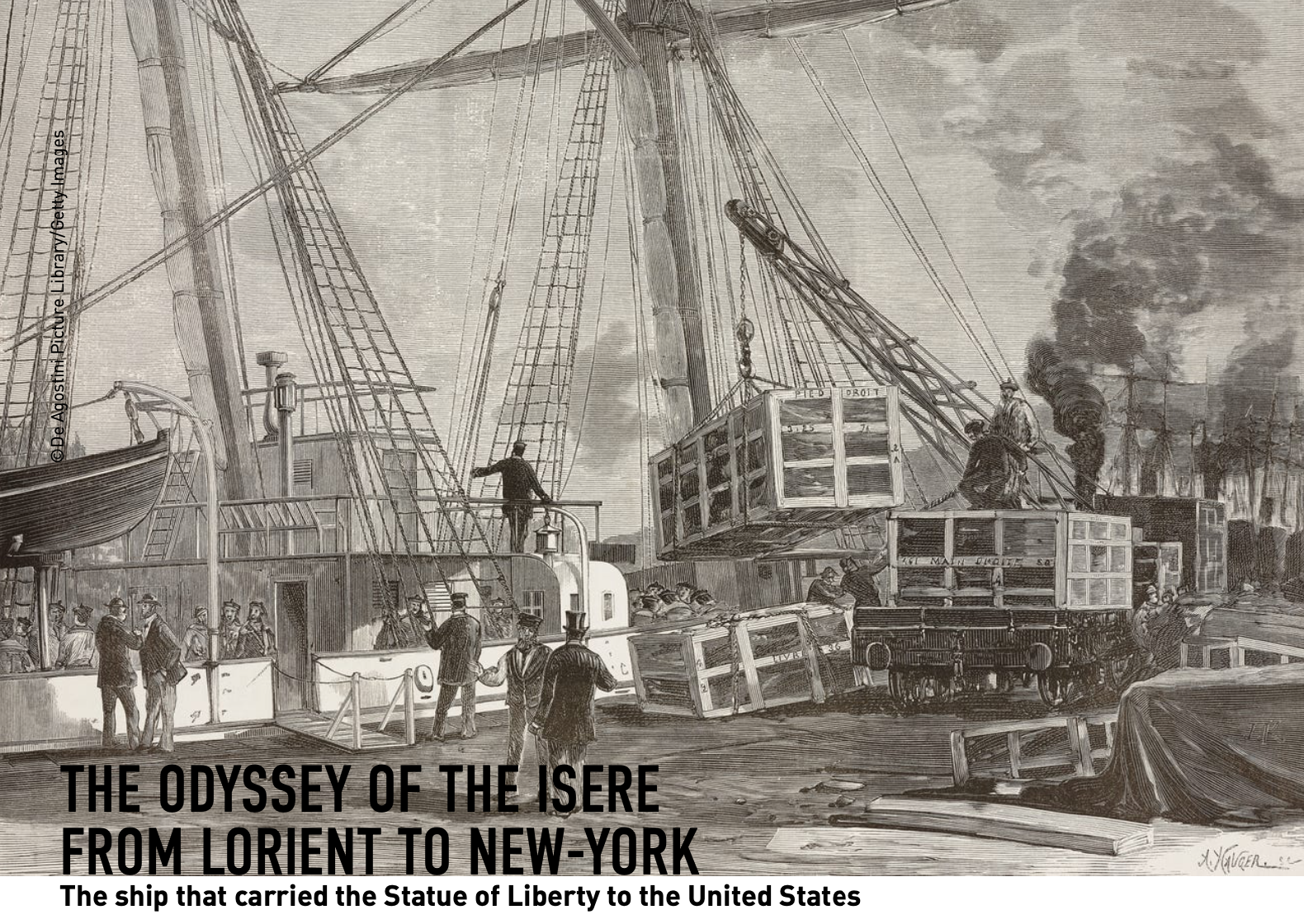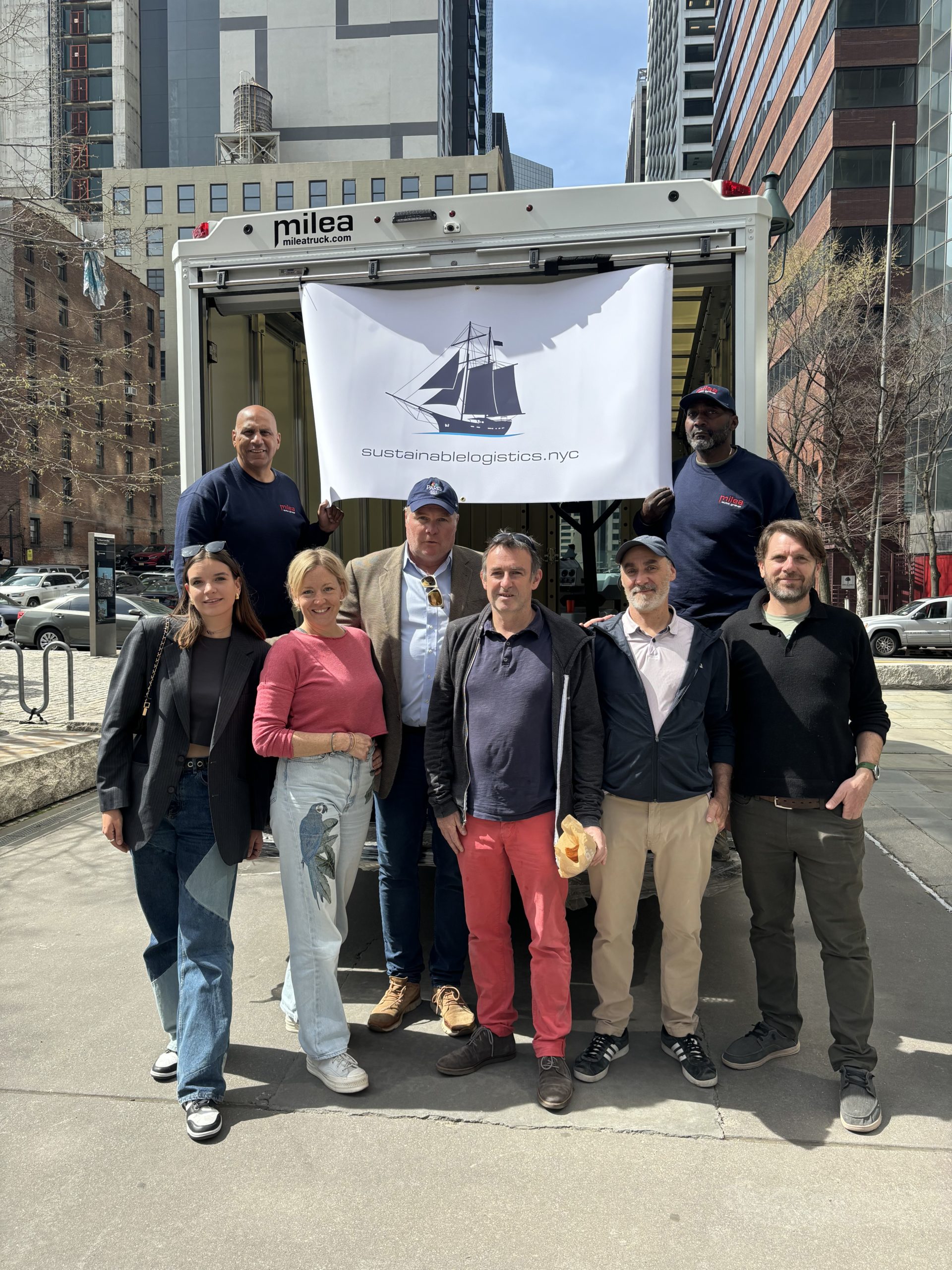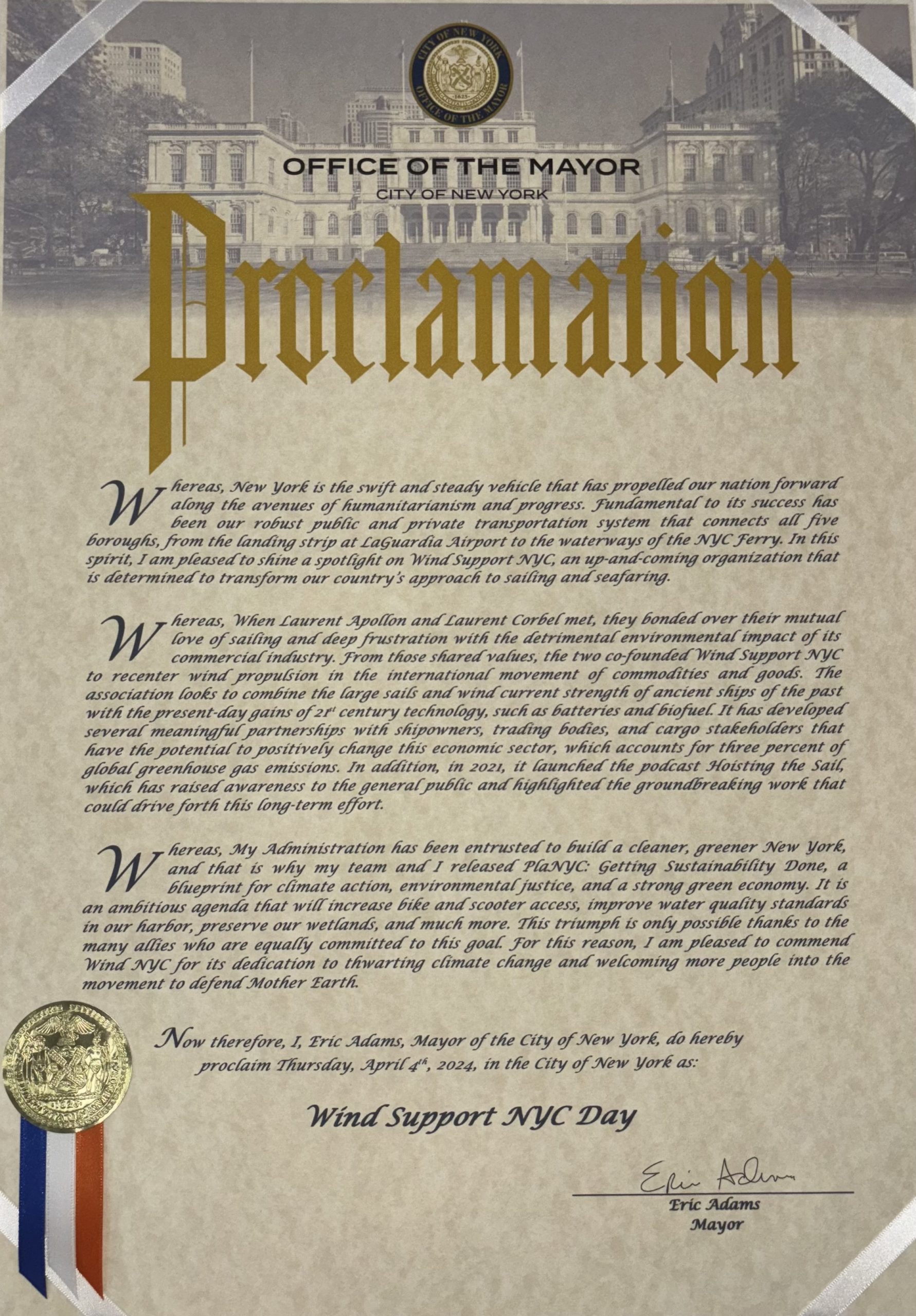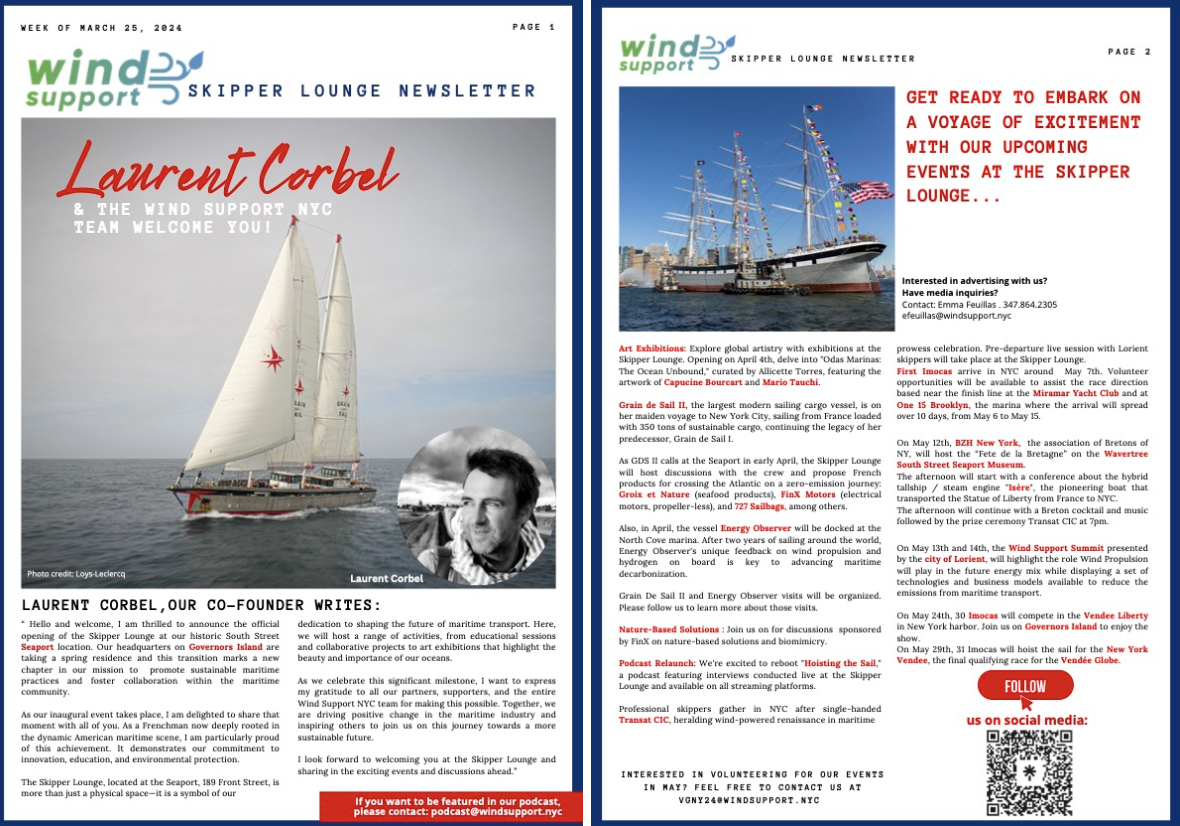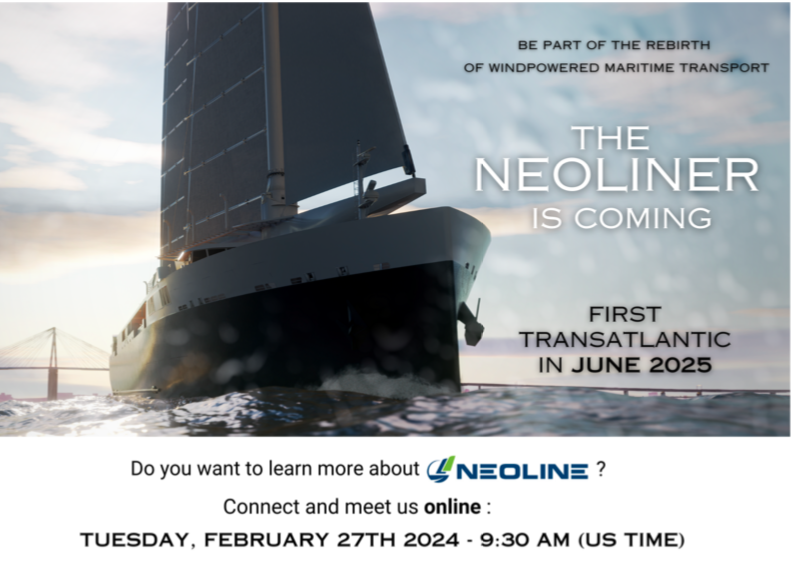Wind Support NYC is calling for maritime professionals embracing wind propulsion
Continue readingThe Transat CIC Arrival
Wind Support Summit 2024: Navigating the Path to Decarbonization
Isere
Partnership with Sustainable Logistics NYC
We at Wind Support NYC are thrilled to announce a significant milestone in our journey towards promoting sustainable maritime practices. Led by our co-founder Laurent Corbel, our organization has recently received a commendation from the city and the esteemed Mayor of New York, Eric Adams. This commendation includes the declaration of April 4th, 2024, as Wind Support Day in New York City, highlighting our dedication to fostering collaboration within the maritime community and driving positive change in the industry.
Continue readingCommendation from Mayor Eric Adams
We at Wind Support NYC are thrilled to announce a significant milestone in our journey towards promoting sustainable maritime practices. Led by our co-founder Laurent Corbel, our organization has recently received a commendation from the city and the esteemed Mayor of New York, Eric Adams. This commendation includes the declaration of April 4th, 2024, as Wind Support Day in New York City, highlighting our dedication to fostering collaboration within the maritime community and driving positive change in the industry.
Continue readingThe Wind Support Team Welcome You!
We are thrilled to announce the official opening of the Skipper Lounge at our historic South Street Seaport location.
Continue readingNeoline, low emission shipping solution Made in France
We are pleased to announce the upcoming keel laying ceremony for the innovative Neoline project. But that’s not all – we have a special treat in store for you: an exclusive webinar, in collaboration with the Embassy of France in the US, where you can dive deeper into the Neoline initiative and its groundbreaking efforts to reduce CO2 emissions.
Continue readingVolunteer Opportunities
Wind Support NYC is calling for volunteers for an exciting lineup of events happening from May 8th to May 29th!
Continue reading2024 Miami Boat Show
Come and meet us to discover FinX disruptive technology at the Miami Boat Show, February 14 to February 18. Wind Support is introducing to the US market the FinS, an electric motor developed by Paris based start up FinX Motors.
Continue reading
